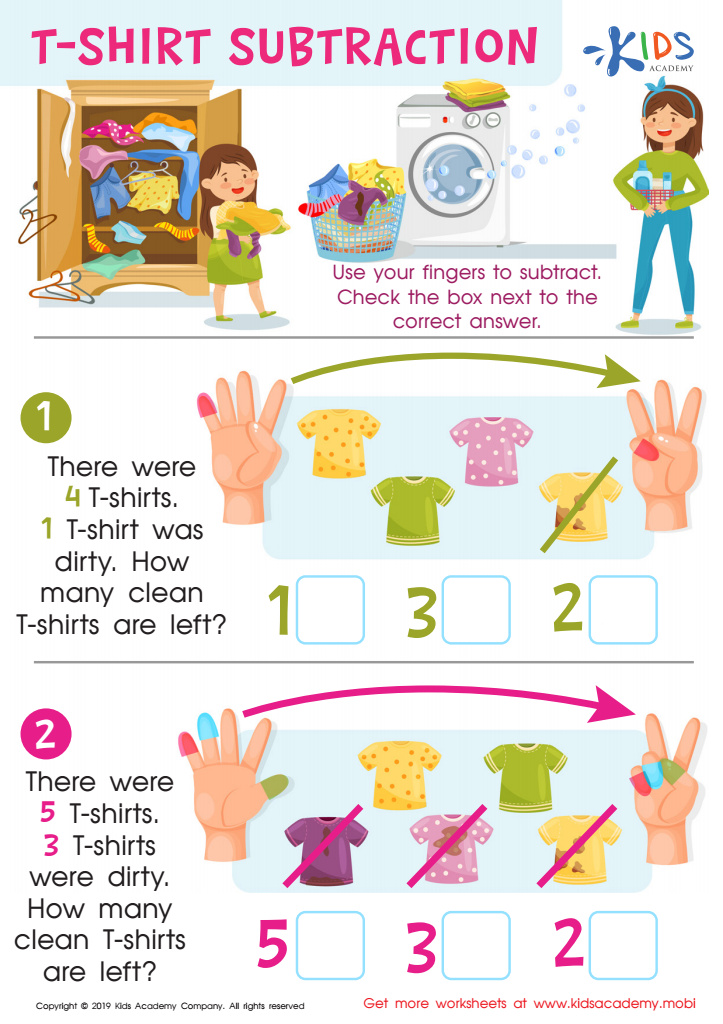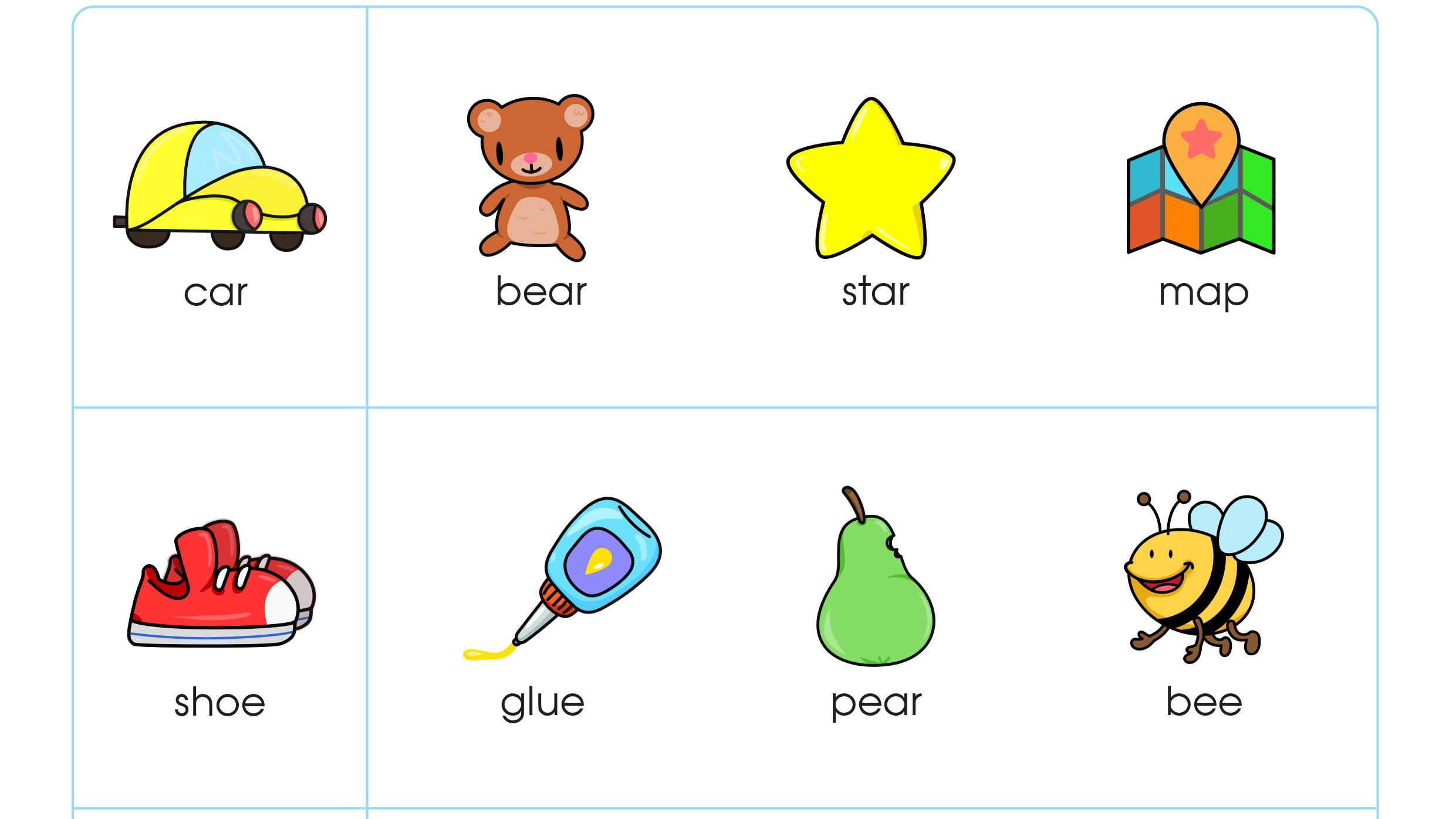Mathematical concepts Worksheets for Kids
1 filtered results
-
From - To


T-shirt Subtraction Worksheet
Question/Answer
How to train the Mathematical concepts skill in Preschool students learning about Addition & Subtraction?
To train preschool students in addition and subtraction, introduce hands-on activities with physical objects like blocks or counters. Begin with simple, relatable story problems. Use visual aids like number lines or pictorial representations. Incorporate games that involve adding or taking away items. Regular, short practice sessions ensure concepts are reinforced. Always celebrate successes to build confidence and interest in mathematics.
Why is the Mathematical concepts skill important for Preschool students?
Mathematical concepts skill is crucial for preschool students as it lays the foundational understanding of numbers, patterns, and problem-solving. Early exposure helps in developing cognitive abilities, enhances logical thinking, and supports everyday life skills. It also prepares children for future academic pursuits in mathematics and science, fostering a positive attitude towards learning complex concepts as they grow.
How does the mastery of the Mathematical concepts skill affect a student's performance at an early age?
Mastery of mathematical concepts at an early age significantly boosts a student's performance by enhancing problem-solving abilities, logical thinking, and analytical skills. It lays a strong foundation for advanced learning, increases confidence in handling numerical tasks, and fosters a positive attitude towards mathematics, leading to academic success across various subjects that involve quantitative reasoning.
 Assign to the classroom
Assign to the classroom












